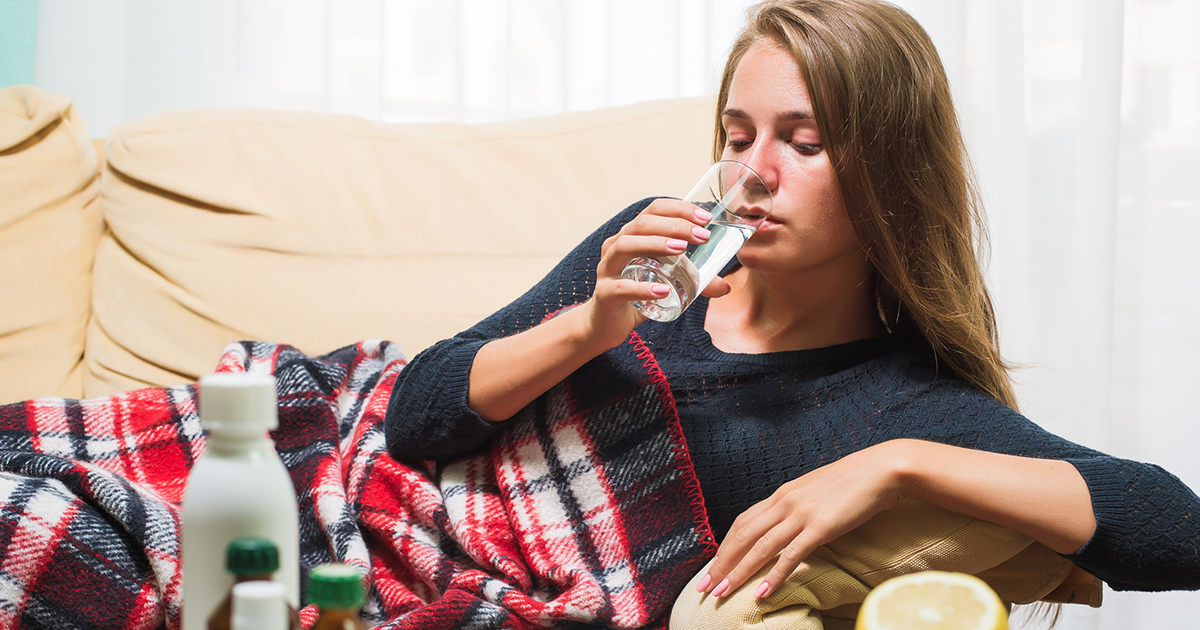Methods Of Treating Cyclosporiasis
Cyclosporiasis, otherwise known as a cyclospora infection, occurs when an individual becomes infected by a cyclospora parasite. This single-celled parasite often exists in tropical areas, meaning travelers to tropical regions may be at an increased risk. In cases that don't occur in tropical areas, individuals usually become infected due to contaminated vegetables or fruits that haven't been properly washed. Cyclosporiasis tends to cause severe bouts of diarrhea, and it's diagnosed through finding the parasite in a stool sample. After this definitive cause is detected, the main course of treatment is antibiotics. Patients may also undergo varying home remedies to deal with the side effects of the parasitic infection.
Treating Fluid Loss

The most common side effect of diarrhea is a loss of bodily fluid, which means treating fluid loss is an important aspect of treating cyclosporiasis. In most cases, healthy adults don't need to do anything more than drinking water. They might also drink sports drinks to replenish electrolytes, but water should be a higher priority. If children and infants are infected, it might be better to use rehydration beverages in addition to water. Parents should avoid giving their children carbonated beverages or sports drinks to rehydrate, as these fluids don't have the correct nutrient balance for a child's system.
